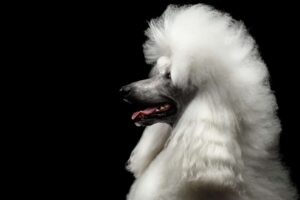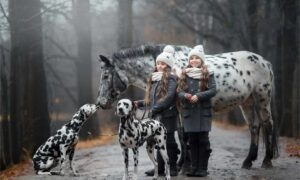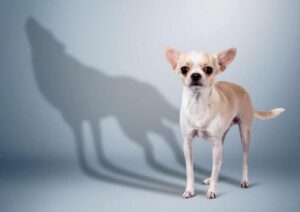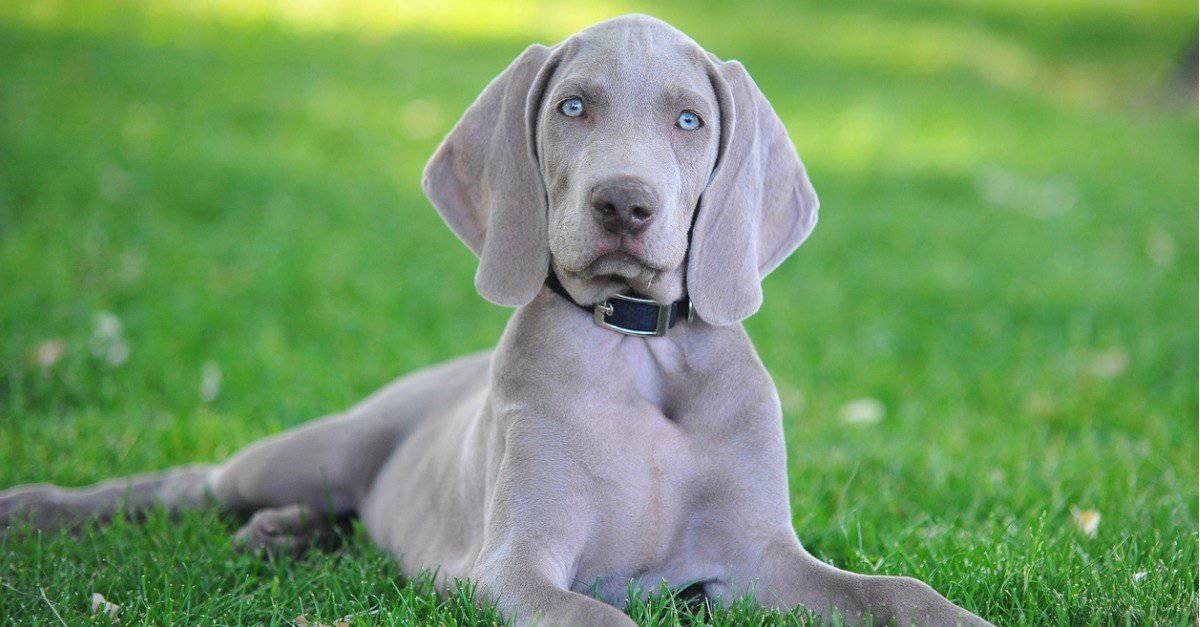Short-haired dog breeds are a popular choice for many pet owners, often because they tend to be lower maintenance and can be easier on allergies. That said, it’s not always that simple. Some short-haired dogs are still big shedders, and the idea of any dog being truly hypoallergenic is still up for debate.
Even so, not having to deal with constant brushing, tangles, or mats is definitely a plus. If you’re thinking about adding a furry friend to your home, these short-haired breeds are some of the most loved and well-known out there—definitely worth considering!

1. Dalmatian
With their iconic white coat and black spots, Dalmatians are instantly recognizable—and often linked with firehouses. Back in the day, when fire engines were horse-drawn, Dalmatians would trot alongside, helping to keep the horses calm and focused.
Even though their coat is short, don’t be fooled—they’re known to shed quite a bit. While they don’t need frequent baths (unless they find something particularly gross to roll in), a good brushing once a week goes a long way in keeping loose fur under control.
Dalmatians are high-energy dogs who thrive on regular, vigorous exercise. While their striking looks make them popular, it’s important to understand their needs and make sure you’re ready for the commitment that comes with owning such an active and intelligent breed.

2. Miniature Pinscher
Often mistaken for a tiny Doberman, the Miniature Pinscher—affectionately known as the “Min Pin”—is actually the older of the two breeds. Originally from Germany, this toy breed is packed with personality.
Min Pins are energetic, playful, and full of bold confidence. Don’t be surprised if they try to boss around dogs twice their size—they’ve got big attitudes in small bodies.
They don’t shed much, which is great for keeping your home cleaner, and with proper care, they typically live between 12 to 16 years. If you’re looking for a lively little companion who thinks they’re ten feet tall, the Min Pin might just be your perfect match.

3. Italian Greyhound
Italian Greyhounds are the petite, elegant cousins of the standard Greyhound. While they share the same sleek, graceful build, they don’t need nearly as much exercise as their larger relatives—making them a great option for smaller homes or more relaxed lifestyles.
These dogs are gentle, affectionate, and typically get along well with children, other pets, and even strangers. Their short coat is easy to maintain, and unless they get into something messy (like a surprise mud bath), a bath once a month is usually enough.
One thing to watch out for: dental health. Italian Greyhounds are prone to dental issues, so regular tooth brushing is a must to keep their smiles healthy.

4. Pug
Pugs have been stealing hearts for centuries—since around 400 BC, in fact, when they were beloved by Chinese emperors. With such a long history as companion dogs, it’s no surprise they’ve developed into affectionate, easygoing pets.
Pugs are known for their sweet, snuggly nature and their strong bond with their humans. However, they do shed quite a bit, especially during warmer months. Their signature wrinkly faces are adorable, but those deep skin folds can trap dirt and bacteria, so it’s important to gently clean between them at least once a week.
Also, pugs don’t handle heat well. In the summertime, make sure they stay cool and have plenty of water to avoid overheating.

5. Boston Terrier
With their sleek black-and-white coats and charming expressions, Boston Terriers have earned the nickname “The American Gentleman.” And while they do have a dignified look, don’t be fooled—they’re also known for being goofy, playful, and full of personality.
Boston Terriers are affectionate and tend to get along great with both family members and other pets. That said, they can struggle with being left alone for long periods and may develop separation anxiety, so they do best in homes where they have company most of the time.
They’re light shedders, but a weekly brushing helps keep their coats looking neat and helps minimize any loose fur.

6. Weimaraner
With their sleek, silvery-gray coats and striking eyes, Weimaraners are hard to miss. Add in their lanky limbs and love of lounging in the weirdest positions—draped across pillows or half-hanging off the couch—and you’ve got a dog that’s as charming as it is quirky.
Weimaraners are intelligent, energetic, and great runners. They have a friendly, outgoing nature, but they definitely aren’t couch potatoes. These dogs need plenty of exercise to stay happy and healthy.
Because they’re so active, it’s a good idea to regularly check their paws and nails for signs of wear or injury—especially if they’ve been running on rough surfaces.

7. Great Dane
Great Danes are often called “Gentle Giants,” and for good reason. Despite their massive size, they have a calm and affectionate nature that makes them wonderful companions. Standing about 32 inches at the shoulder.
Even though they’re enormous, Great Danes still think of themselves as big puppies. They’re loving and laid-back, and they’ll happily try to curl up in your lap or share your bed, regardless of their size.
Short walks are usually enough for these gentle giants. However, they can be prone to hip issues as they get older, which might make stairs a challenge. Great Danes also have a shorter lifespan compared to many other breeds, typically living only 8 to 10 years. But those years are filled with plenty of joy, love, and unforgettable moments.

8. Chihuahua
Chihuahuas are a tiny but mighty breed that originated in Mexico. As the smallest dog breed recognized by most kennel clubs, they typically stand just 6-9 inches tall and weigh only 4 to 6 pounds.
These little dogs are incredibly popular as companion animals, especially for people living in apartments or places with limited space. While they’re often pictured being carried around in a purse by fashionable owners, the truth is that Chihuahuas can get tired easily on walks and tend to get cold, so they’re perfectly happy being carried around or tucked into cozy spots.
Chihuahuas do have a bit of a reputation for being feisty. They can be aggressive toward other dogs—no matter their size—and strangers, which is a common trait among smaller breeds. For these little guys, it’s often a defense mechanism, as they’re trying to protect themselves in a world that’s much bigger than they are.

9. Dachshund
Dachshunds are instantly recognizable with their long bodies and short, stubby legs. While their unique appearance is part of their charm, it also leads to one of their biggest health concerns: back problems. These little dogs are prone to spinal issues due to their elongated frames.
Dachshunds come in two sizes—standard and miniature—and three coat types: smooth, wirehaired, and longhaired.
In terms of personality, they’re energetic, alert, and playful, with plenty of spunk. They do have a bit of an independent streak and tend to bark a lot, so don’t be surprised if they’re a bit chatty. While they’re great with family, including kids, they do require some focused training to help them stay calm around strangers.
Overall, Dachshunds are a delightful mix of quirky fun and special care needs, but for their owners, all of those little quirks are what make them so lovable.

10. Beagle
Beagles have long been a favorite among American pet owners, and for good reason. Originally bred for rabbit hunting, they were accustomed to running in packs and barking loudly to alert hunters when they found prey. This natural instinct remains strong, even in house pets.
Beagles are incredibly social dogs who want to be with their human family as much as possible. They can become anxious and even misbehave if left alone for too long. They’re also known for their barking, which can be surprisingly loud for such a small dog. This trait can be tricky to train out of them, so it’s something to consider if you live close to neighbors.
Despite their noisy tendencies, with their adorable soft ears, keen sense of smell, and soulful eyes, a Beagle will definitely steal your heart.

